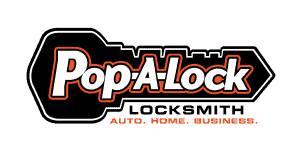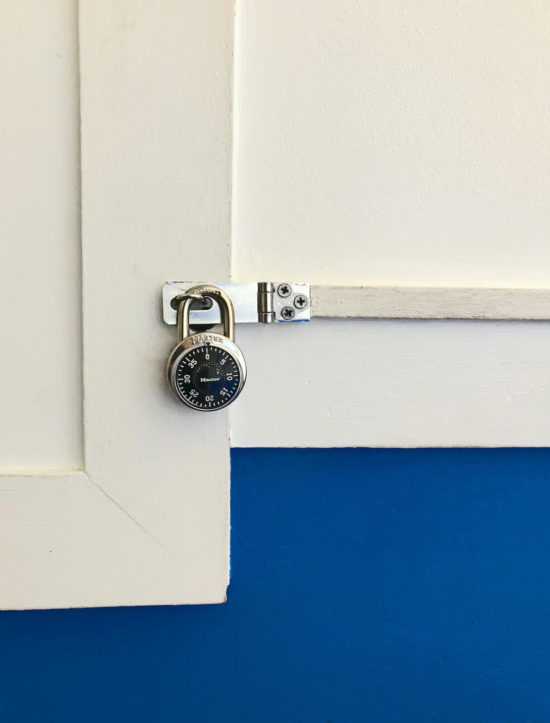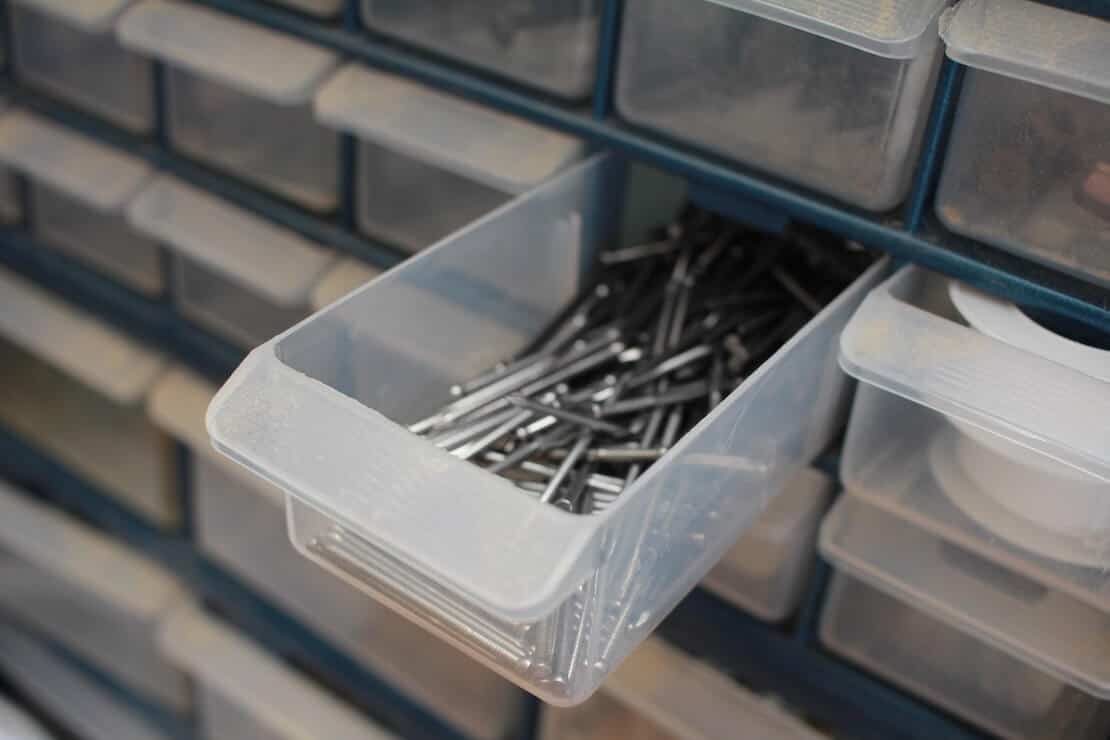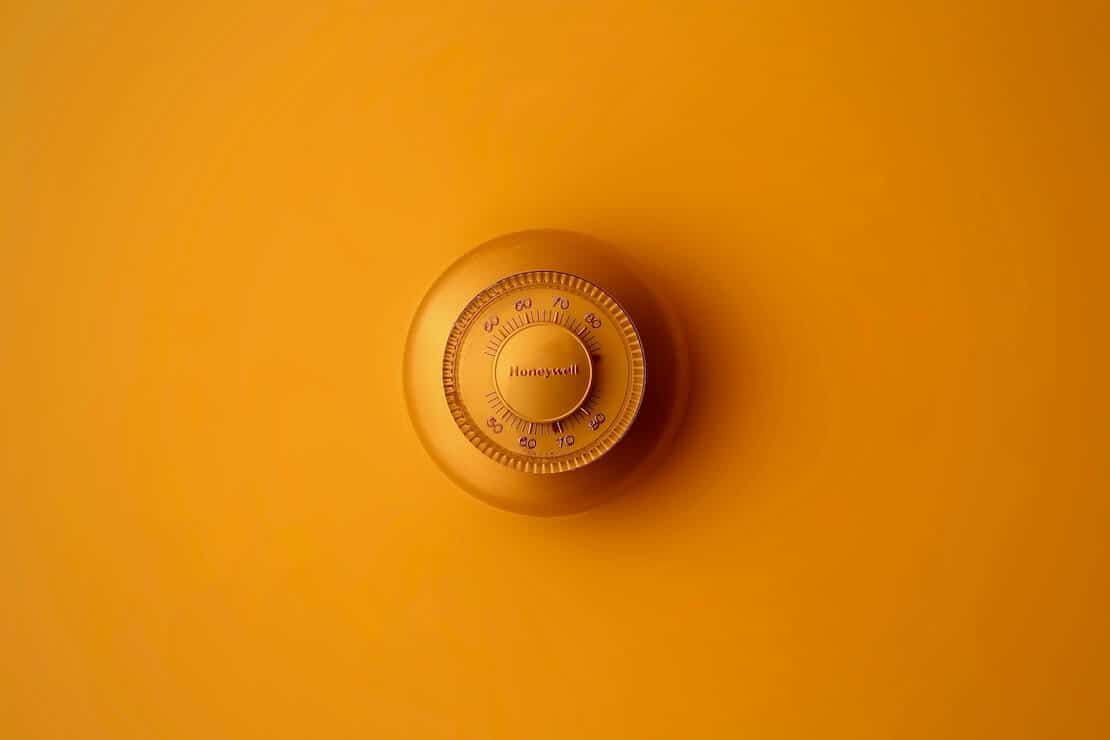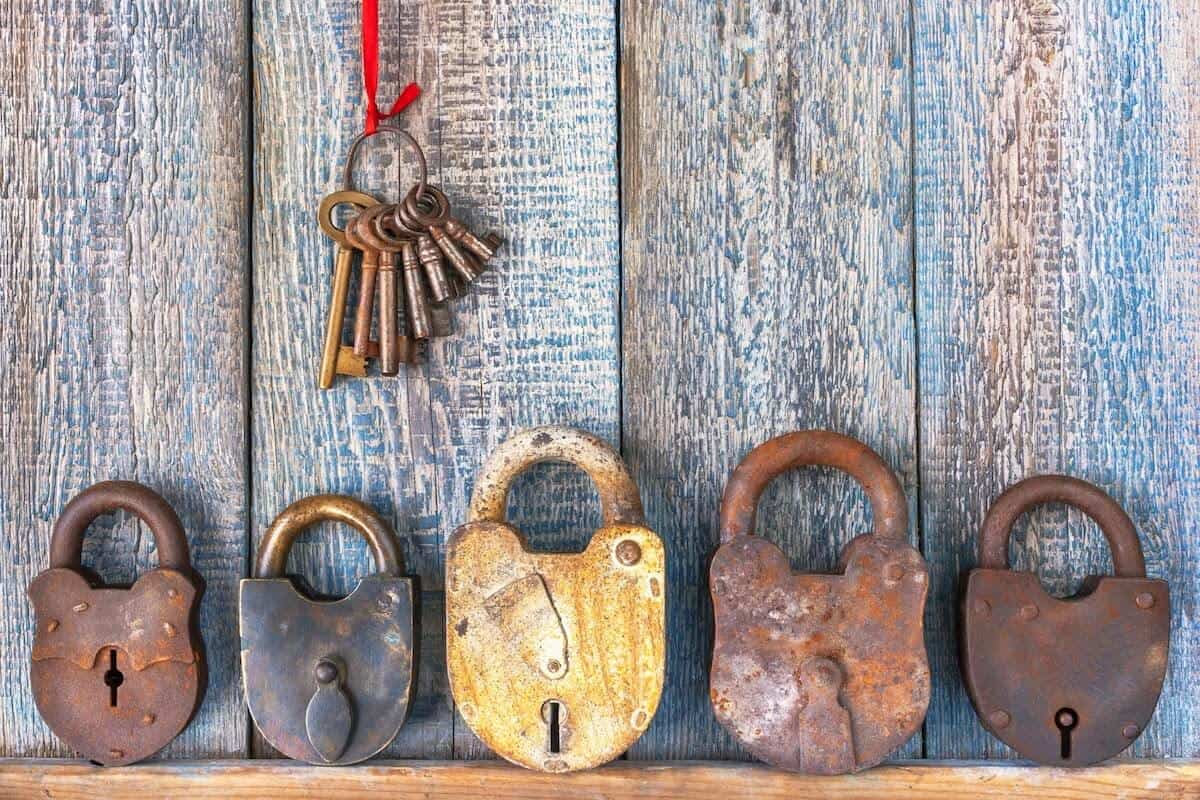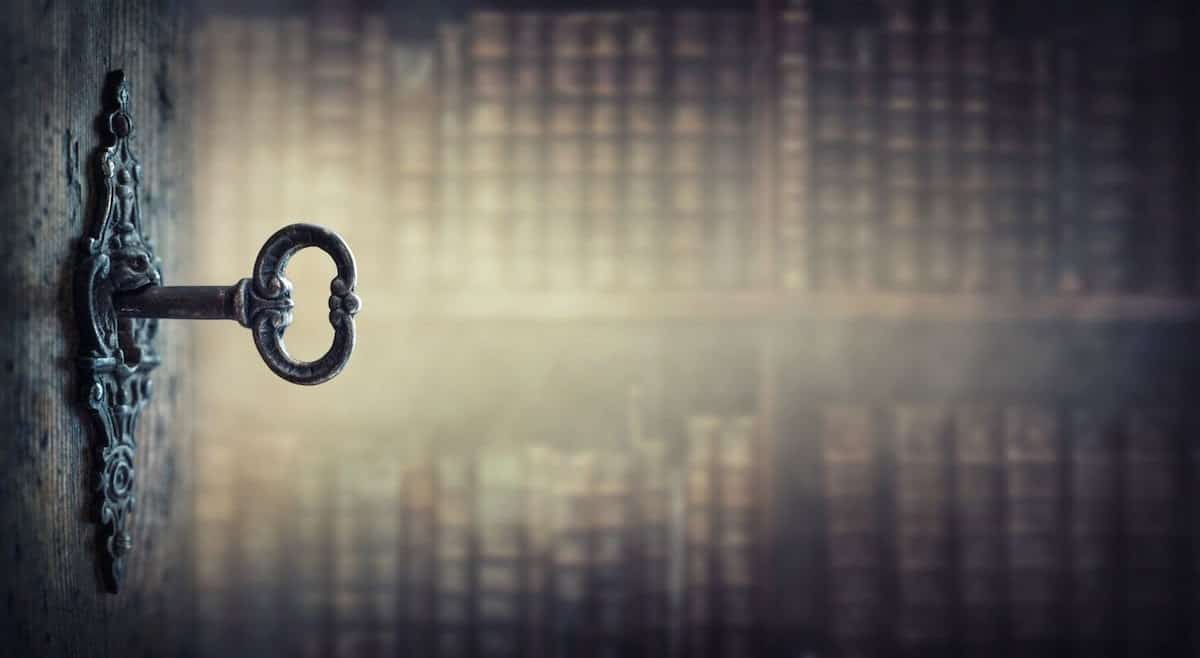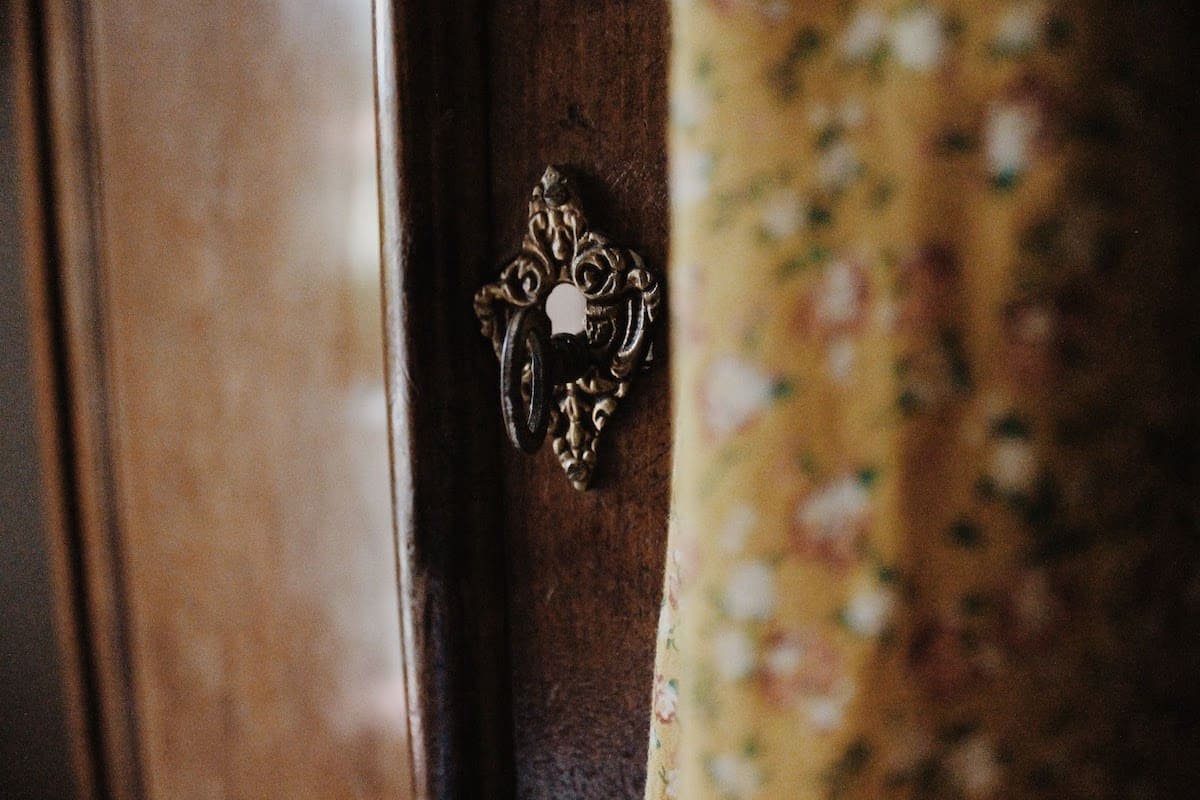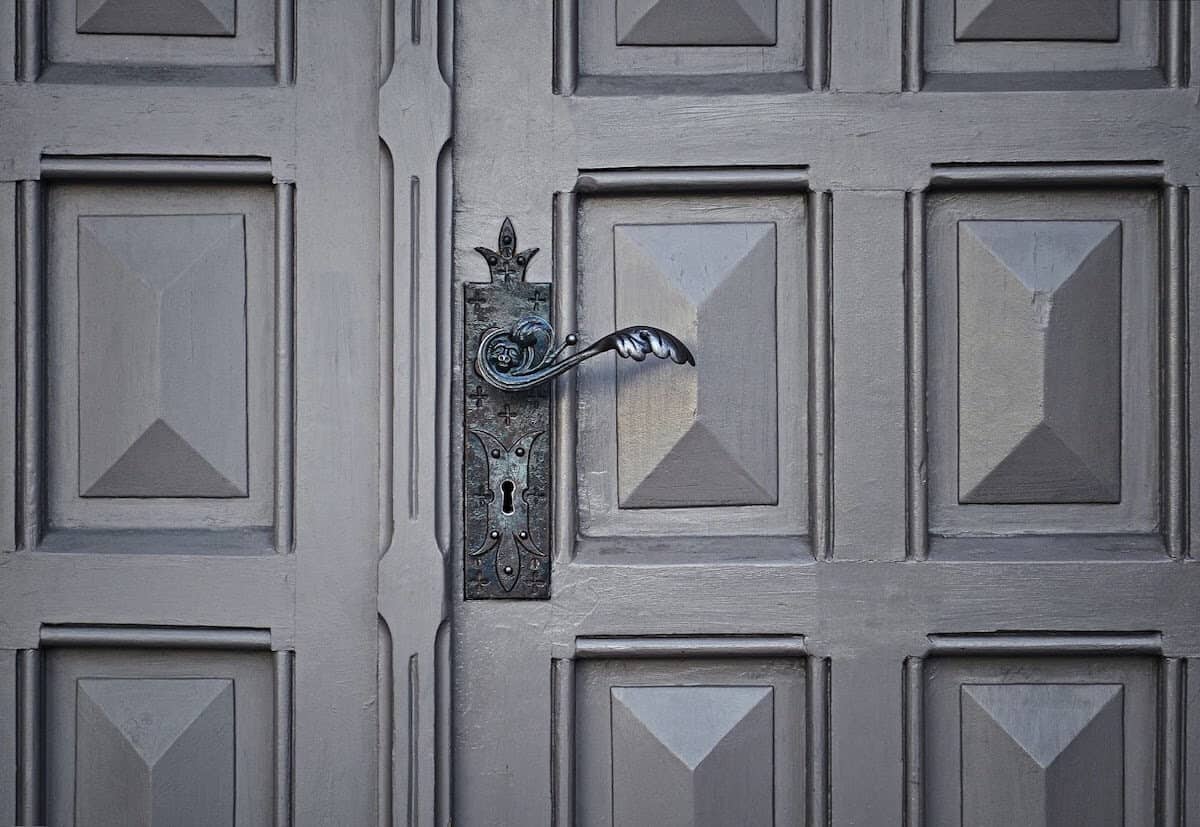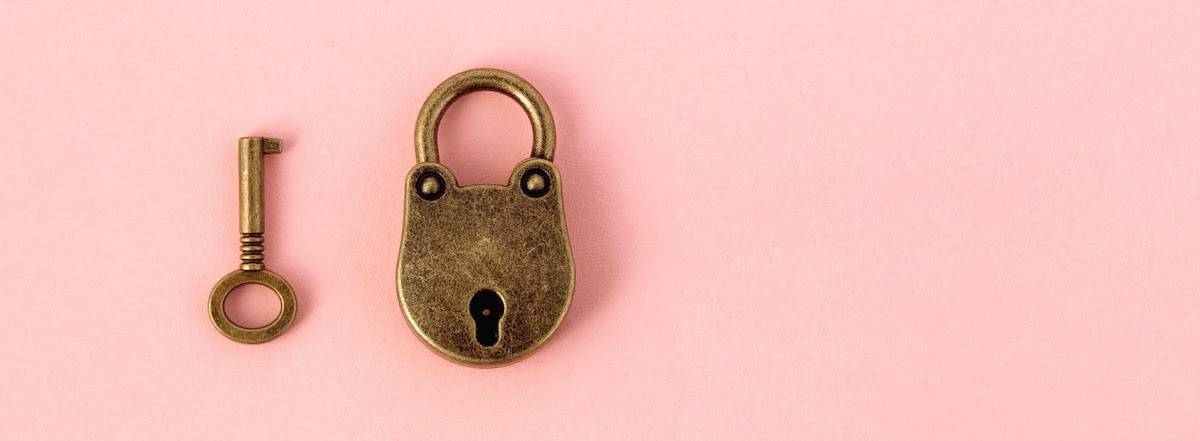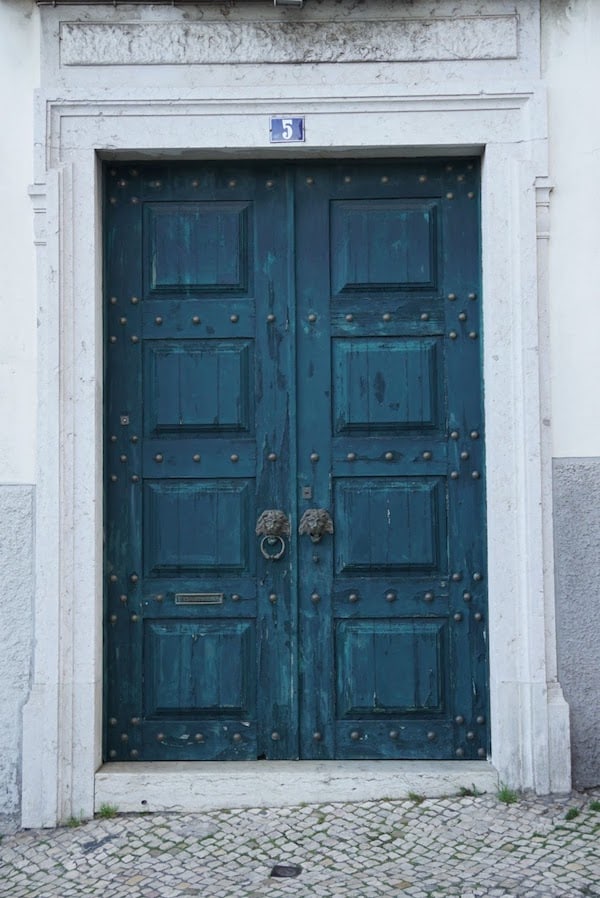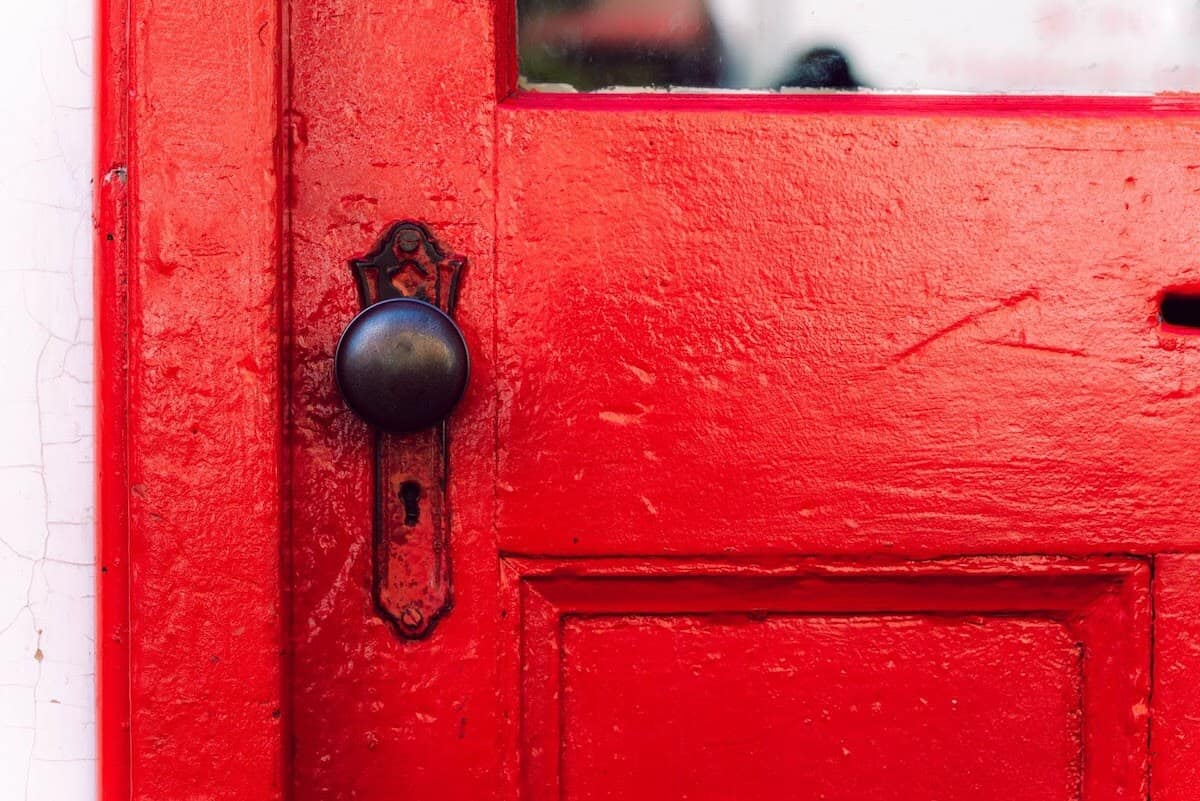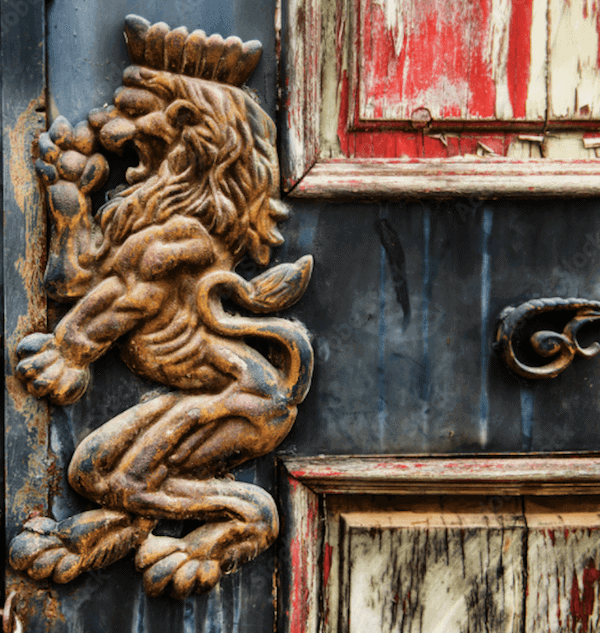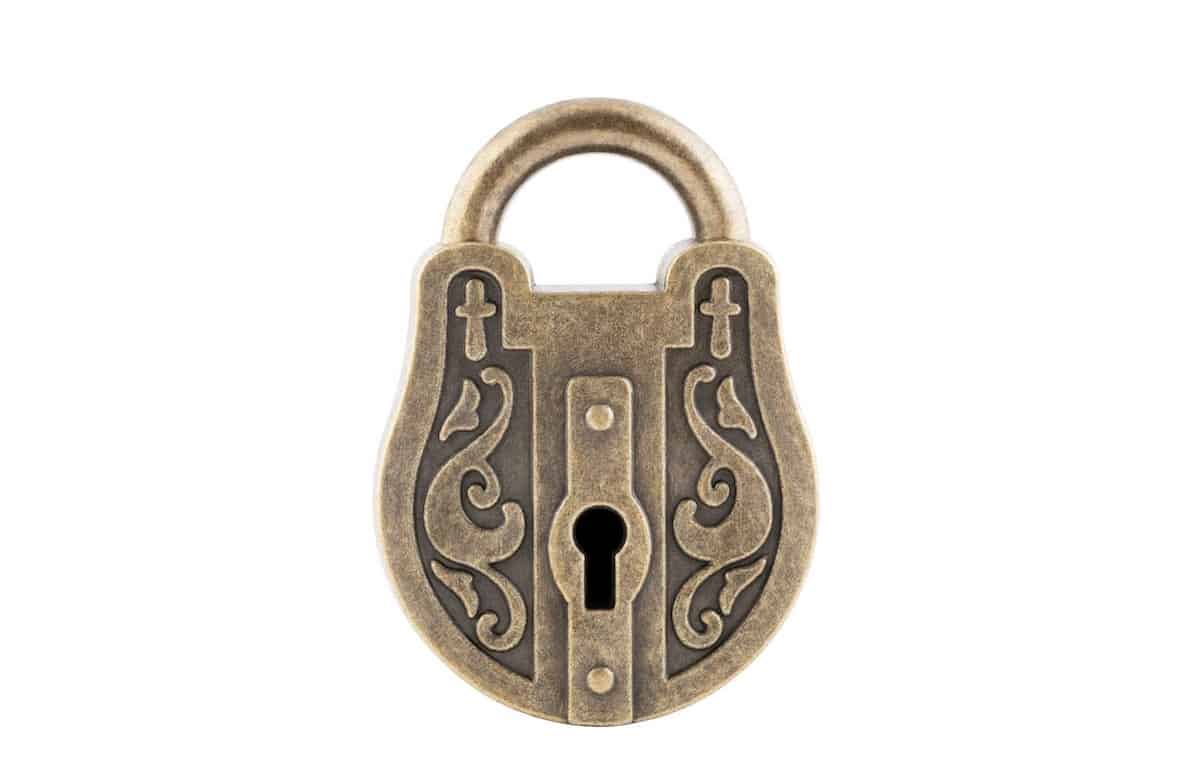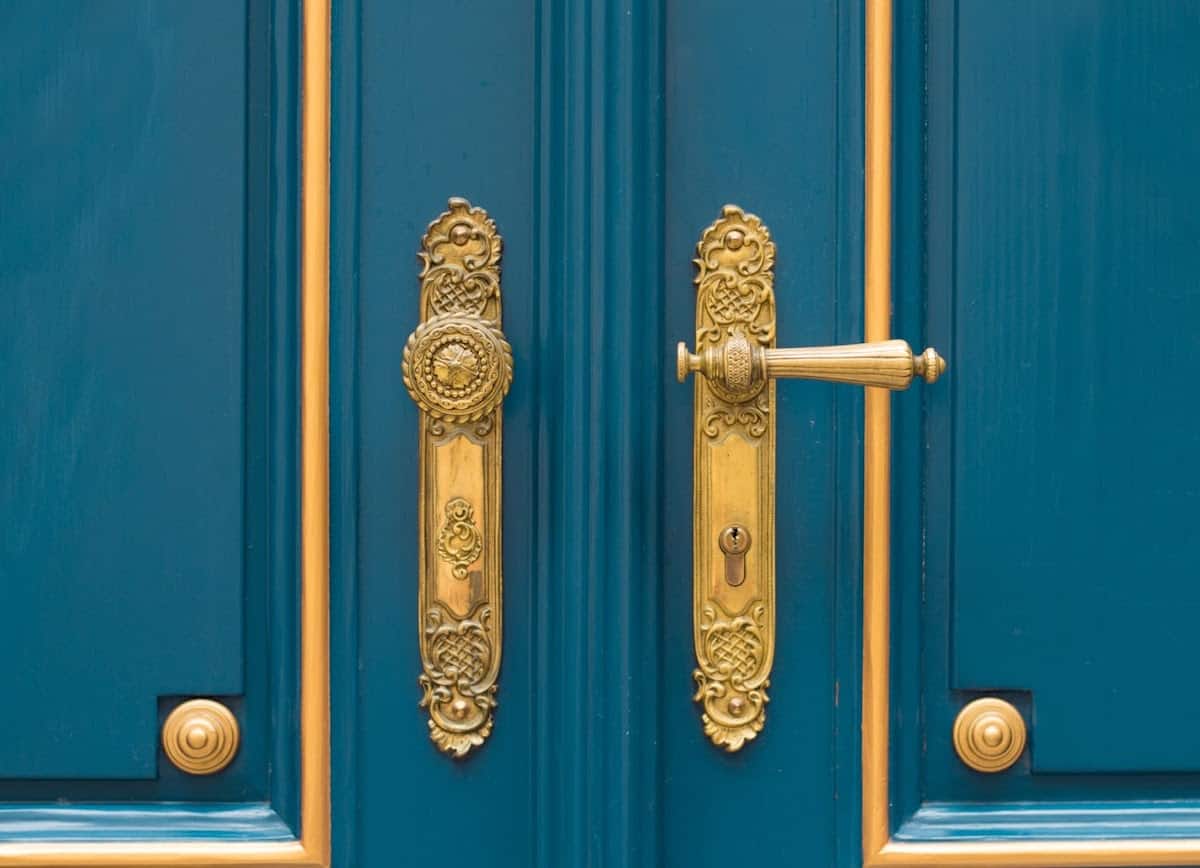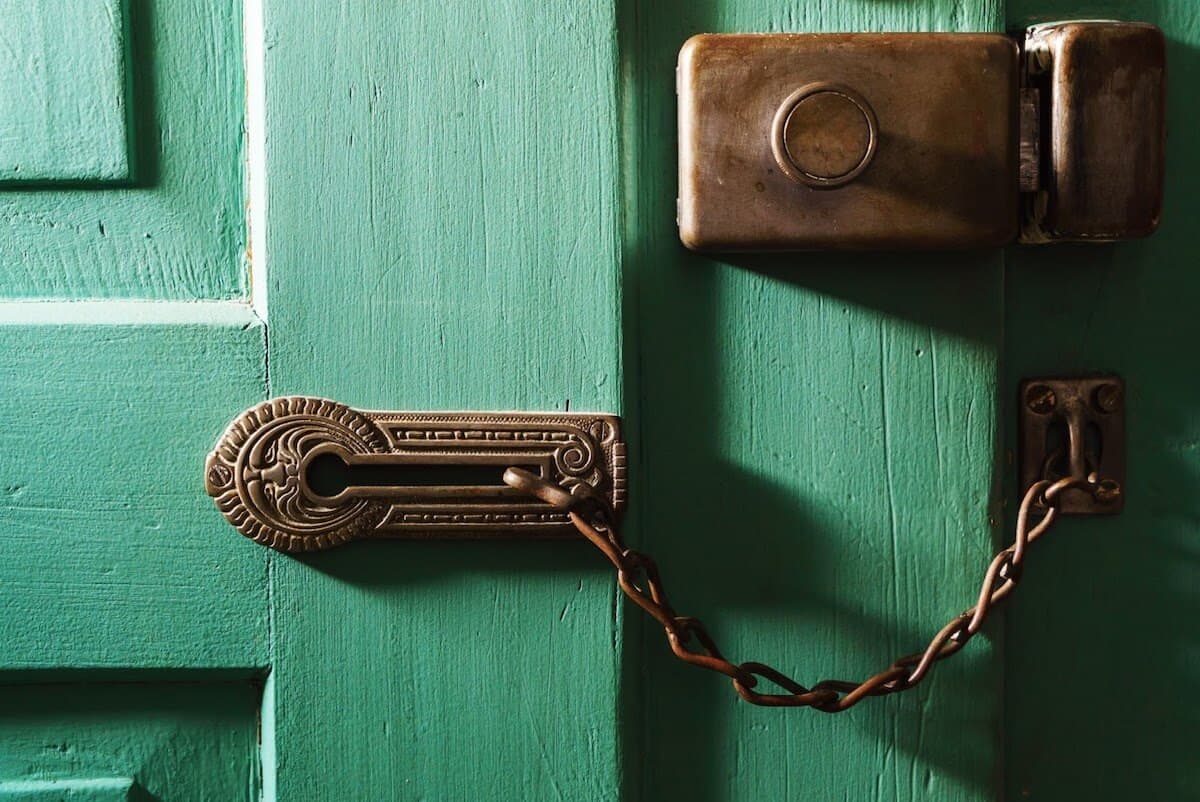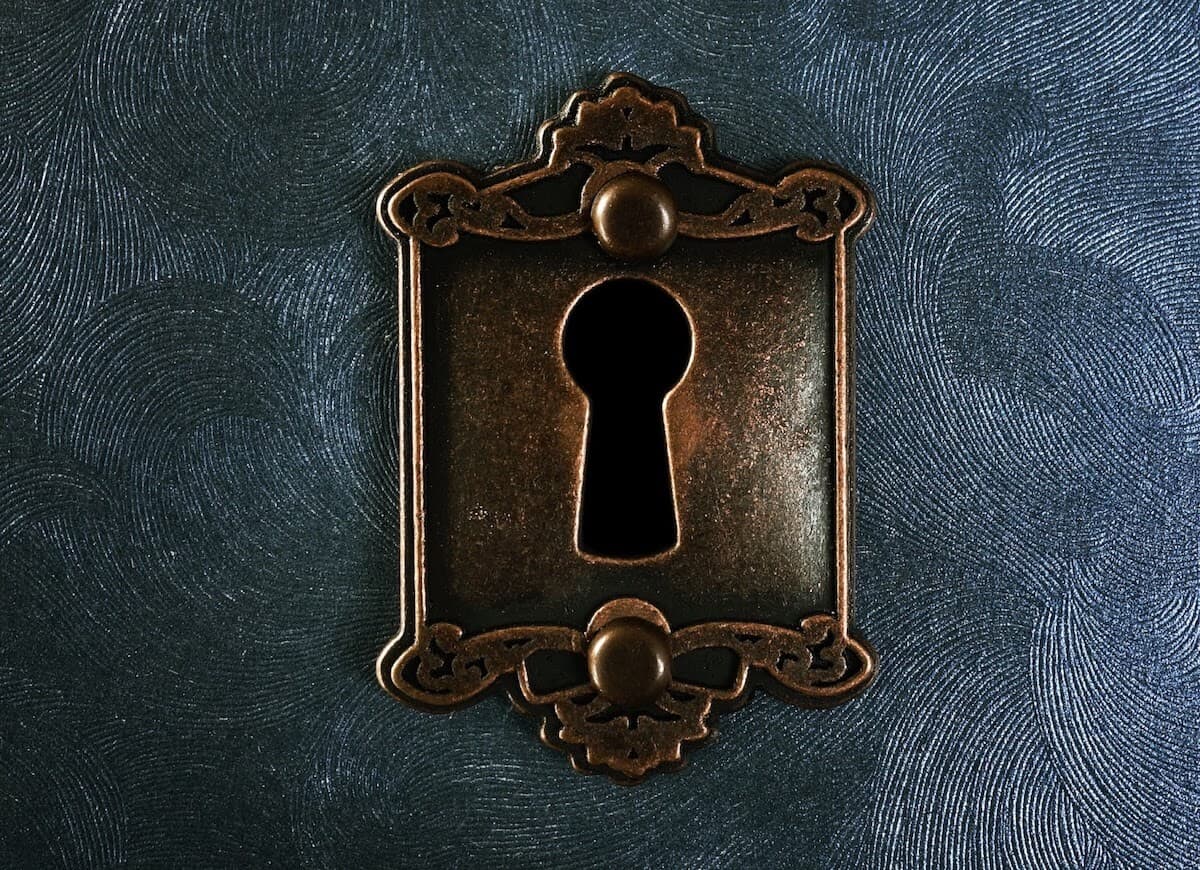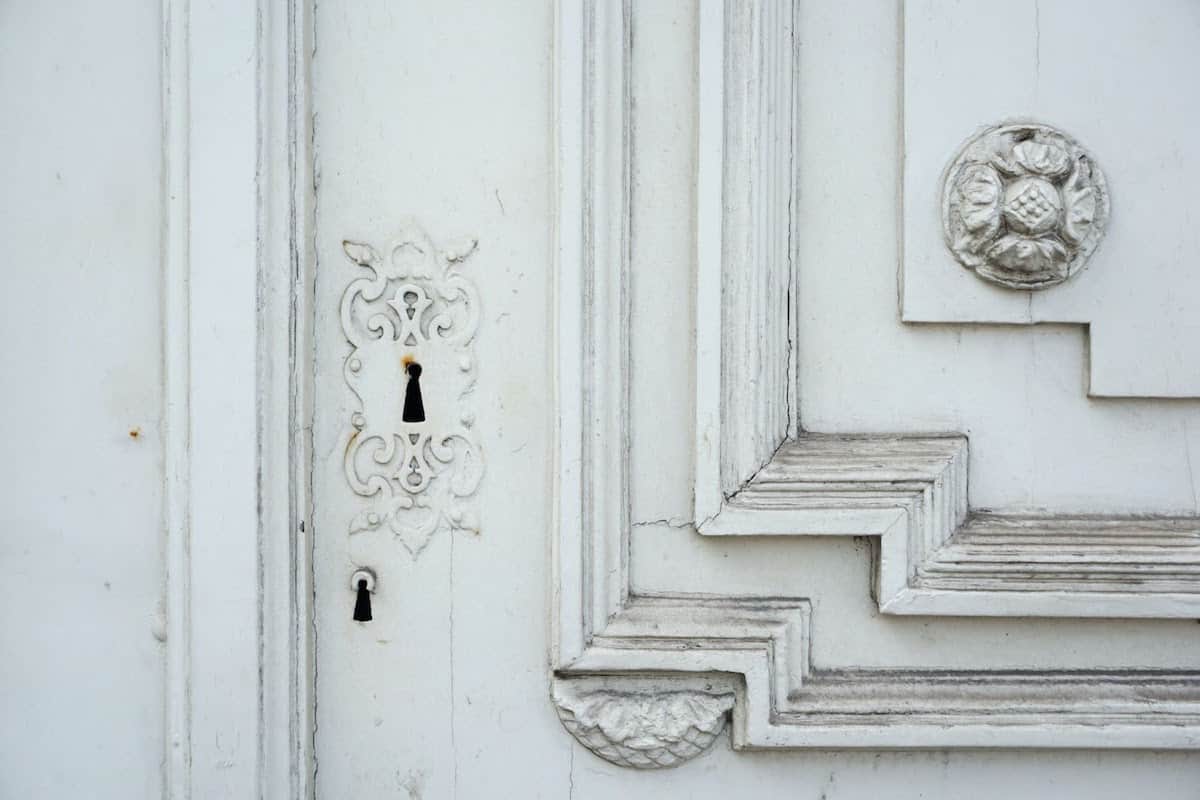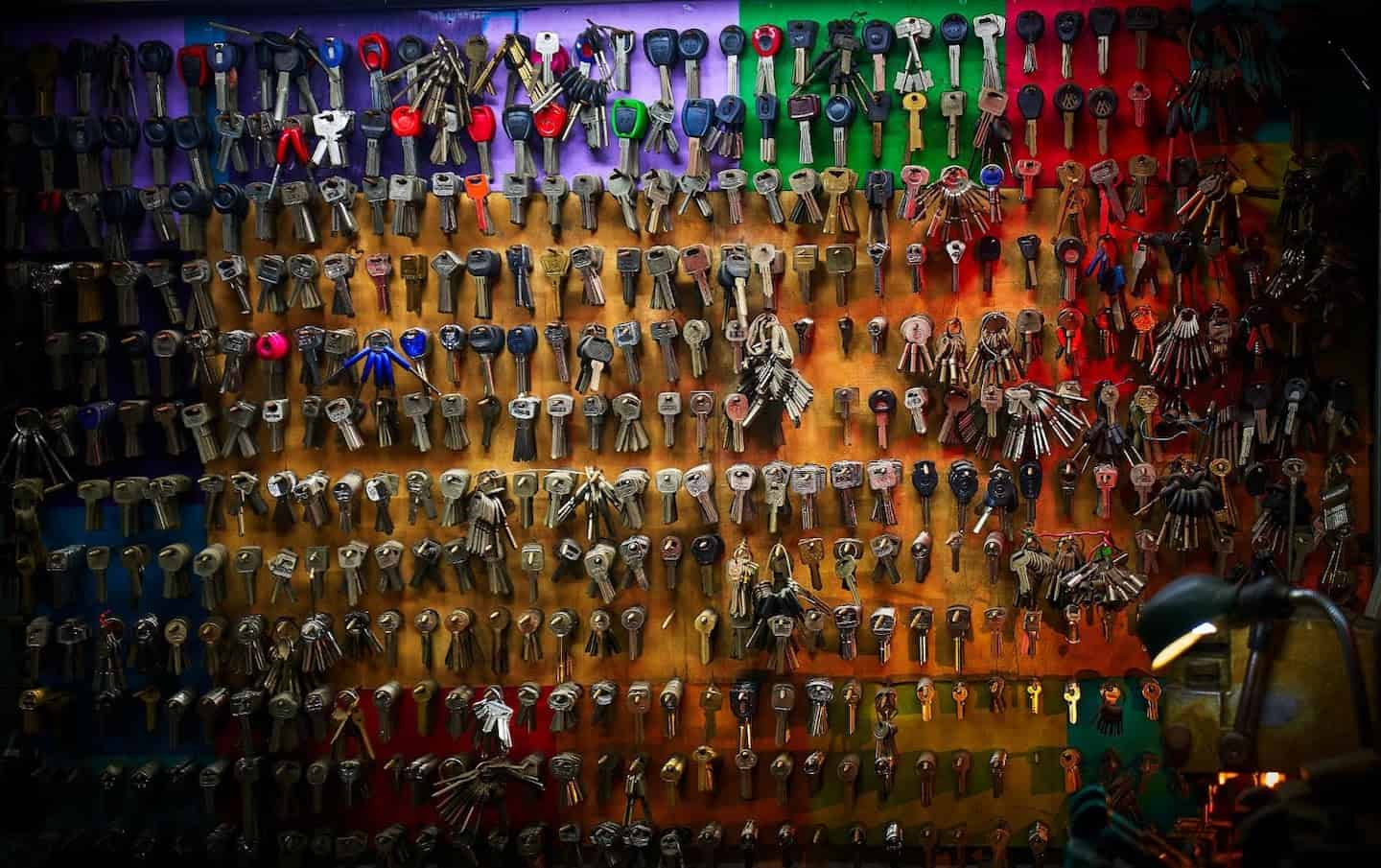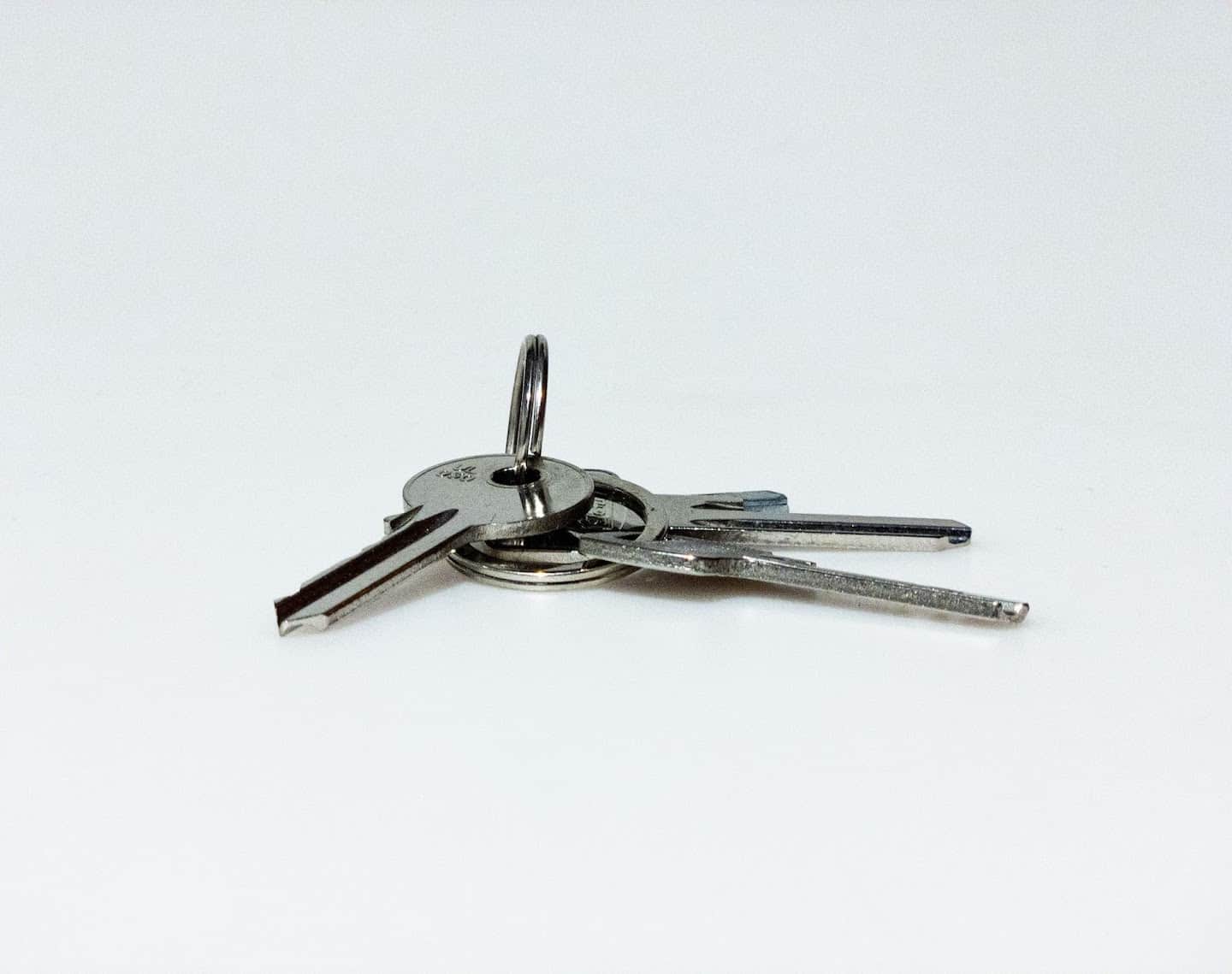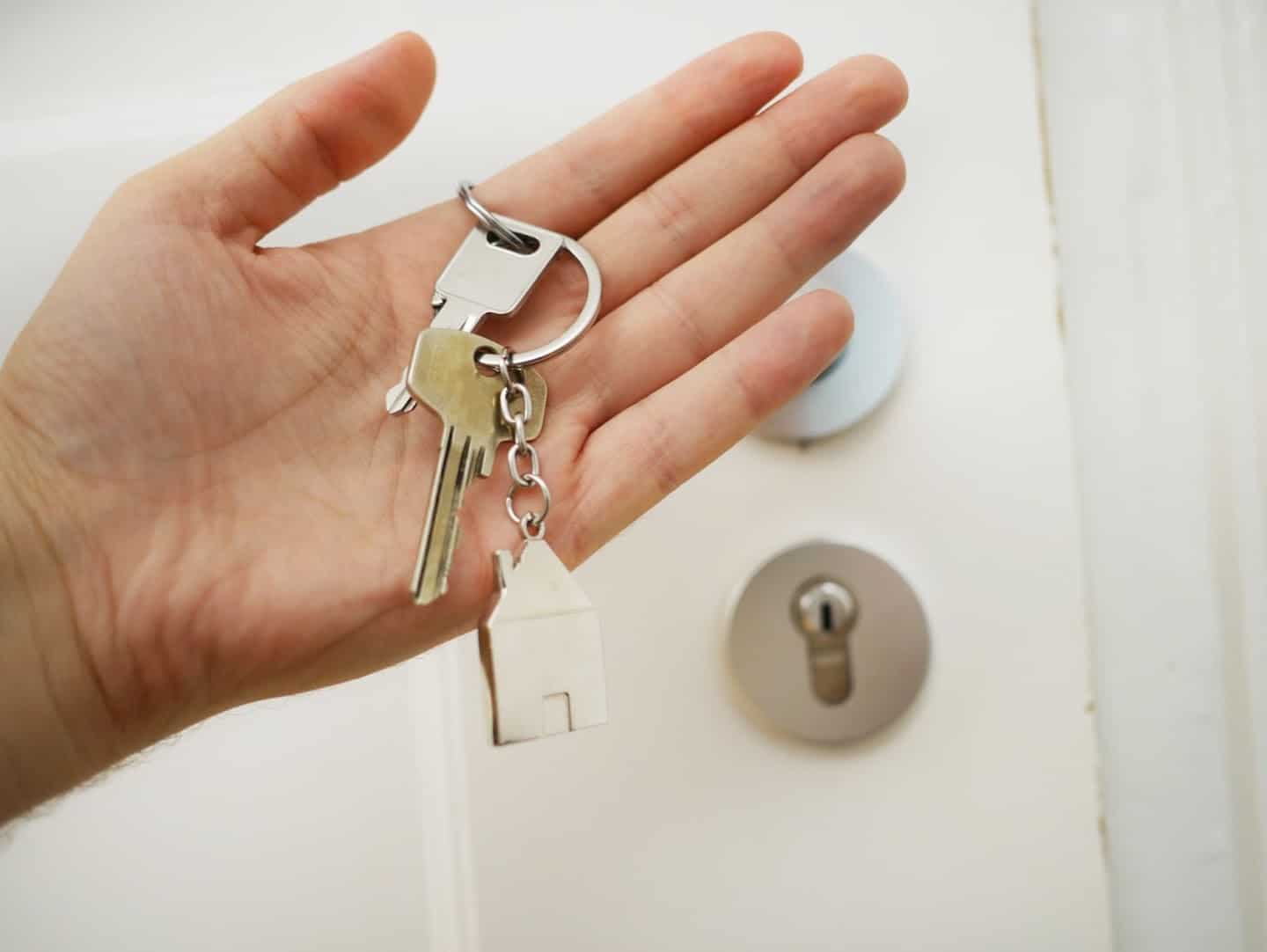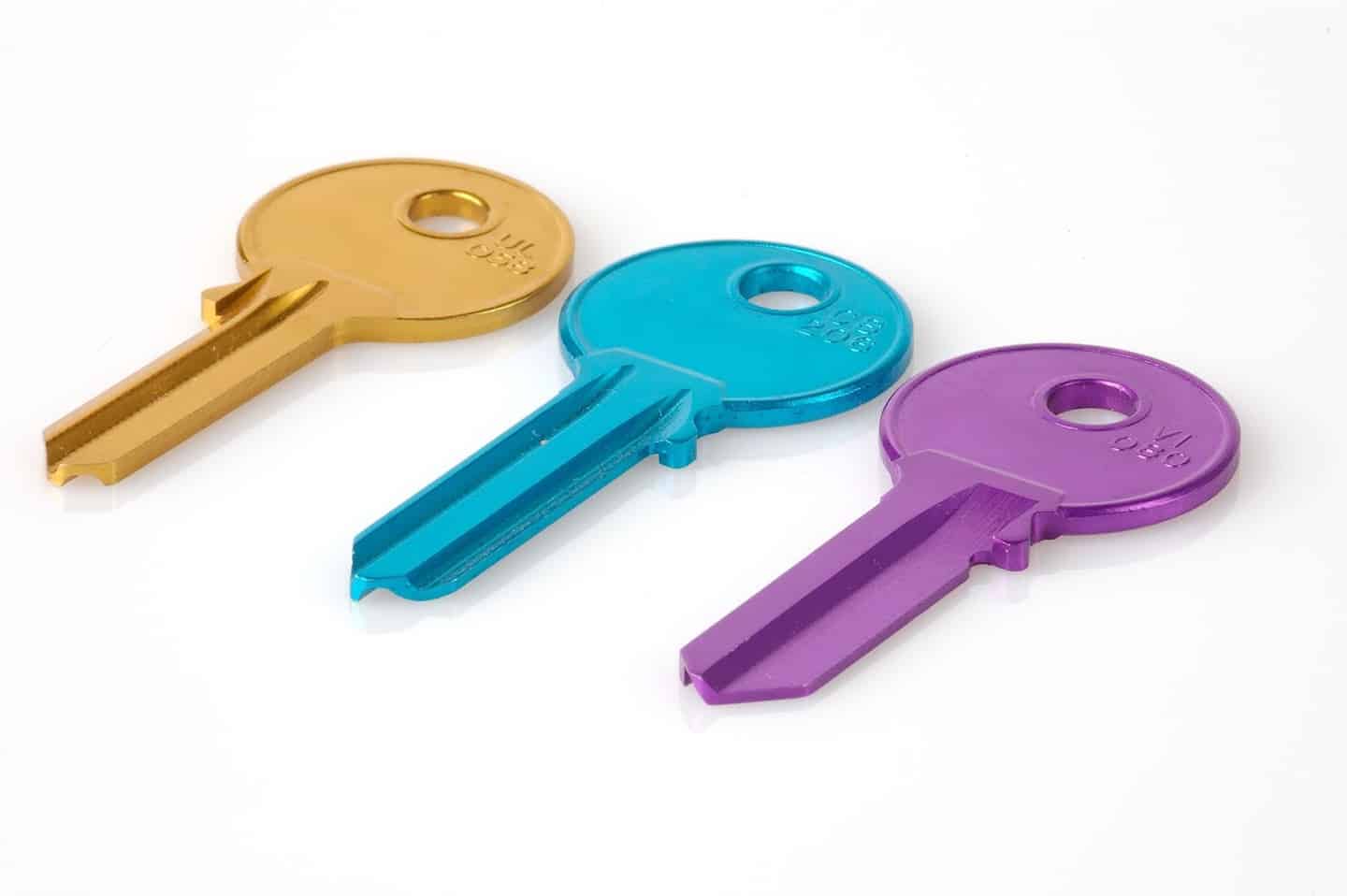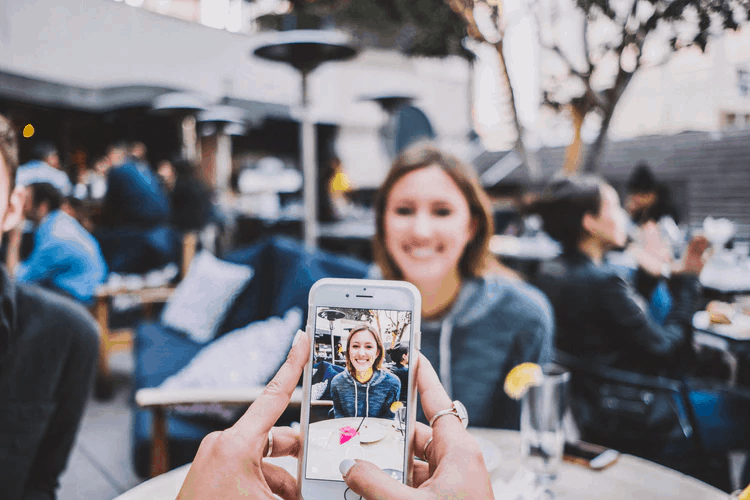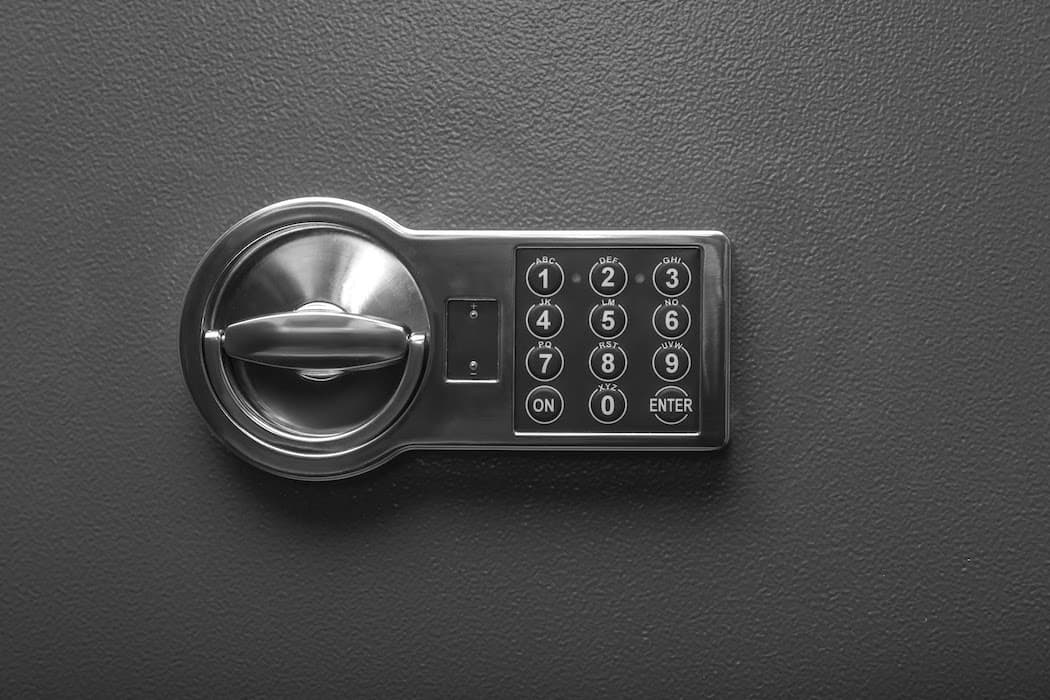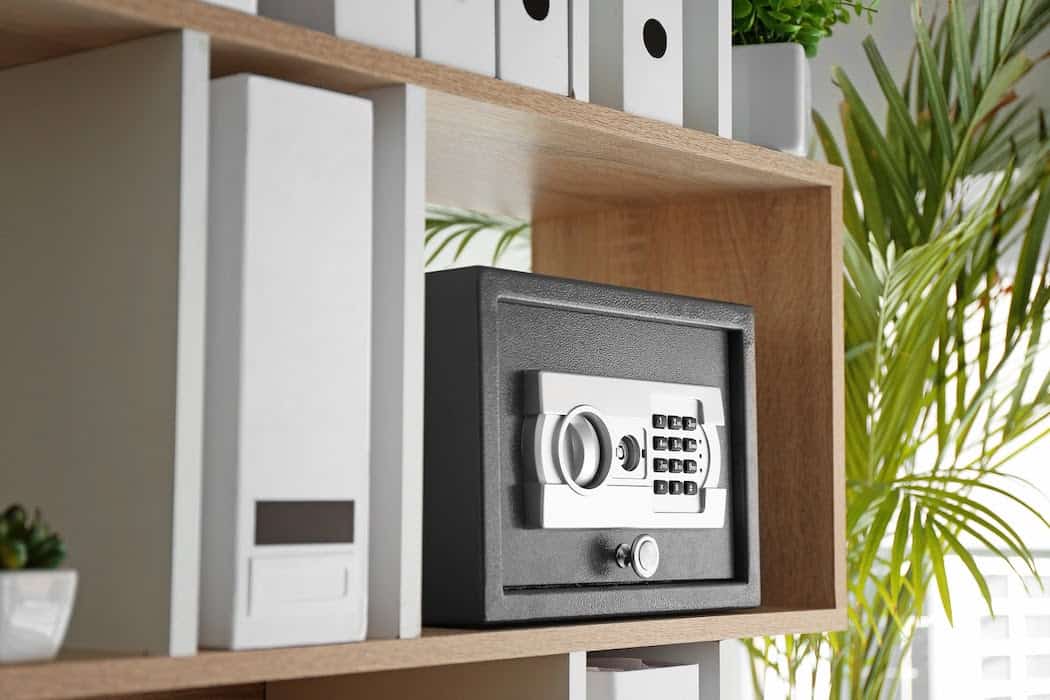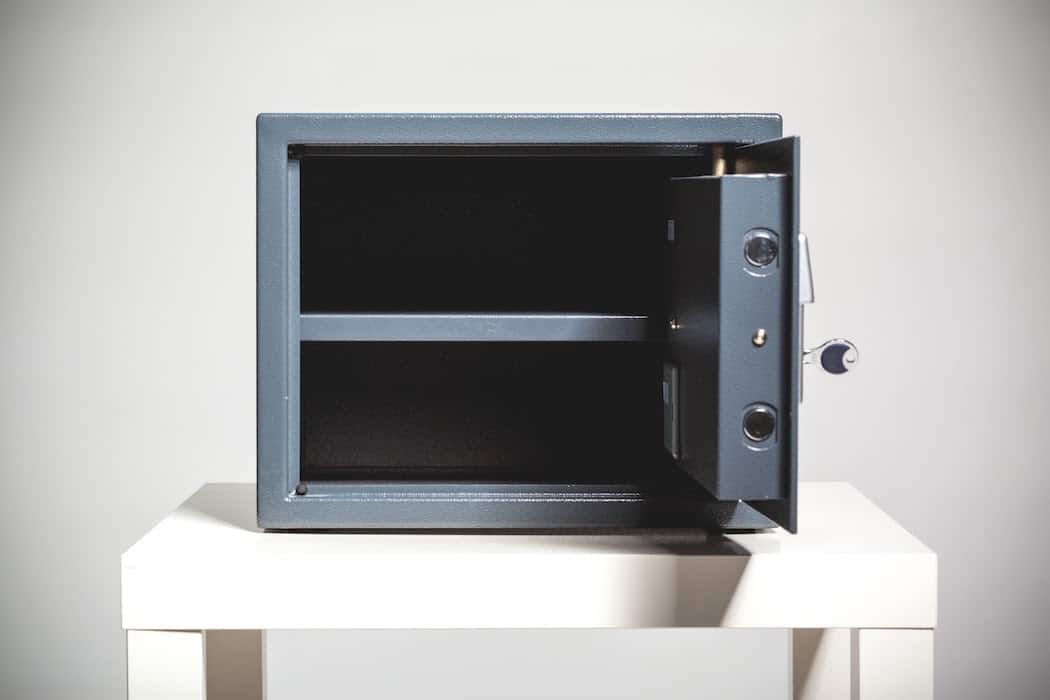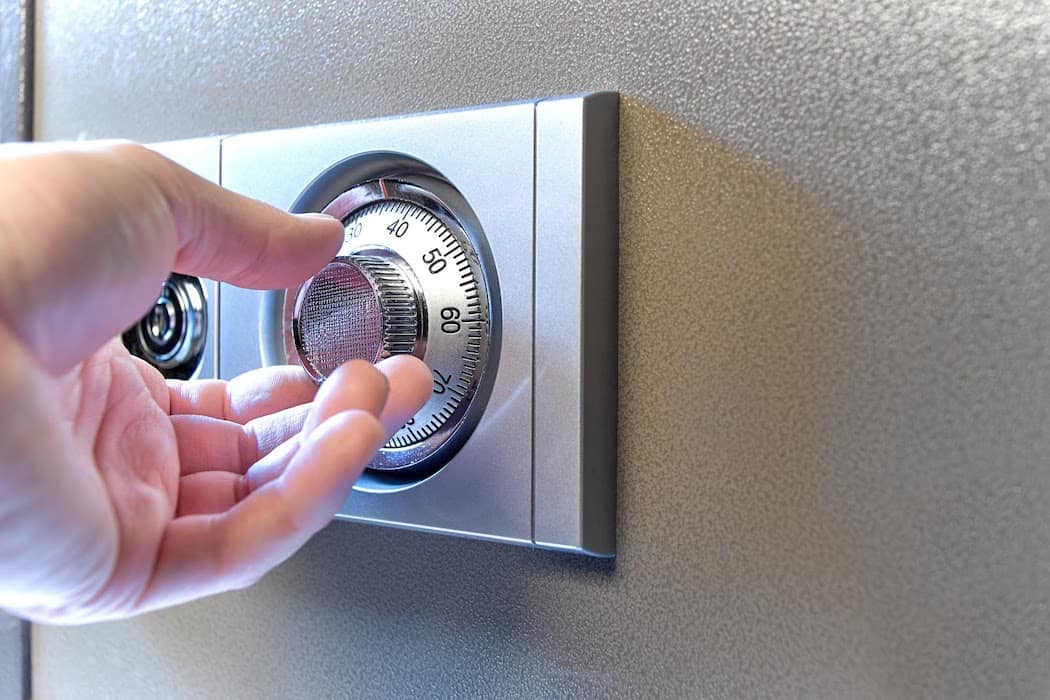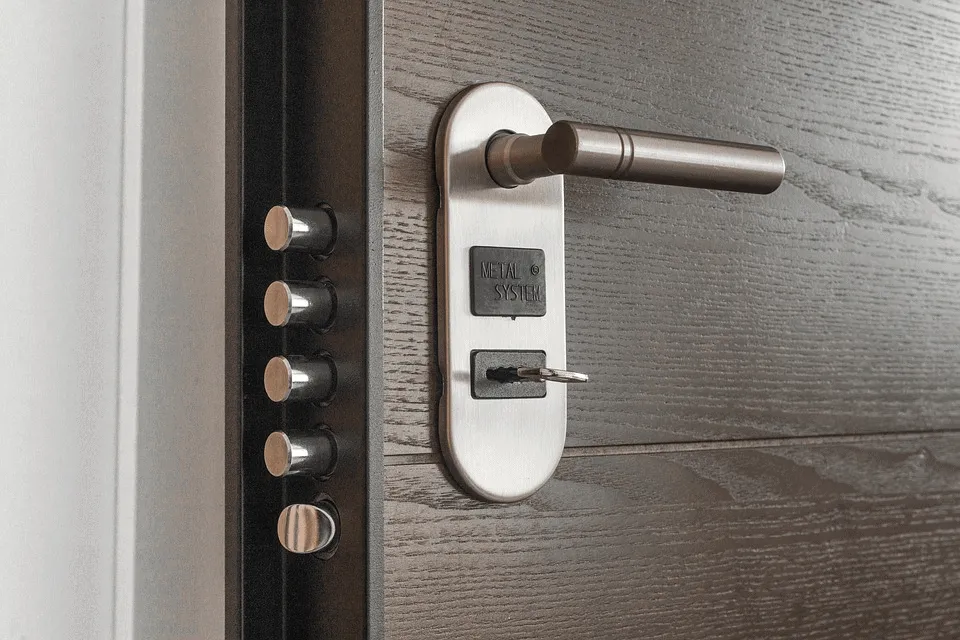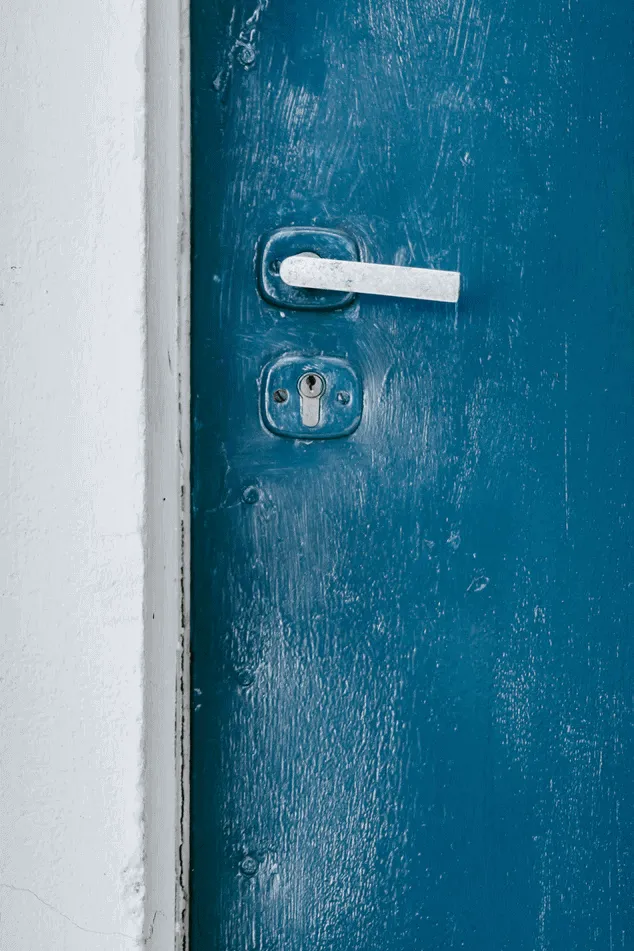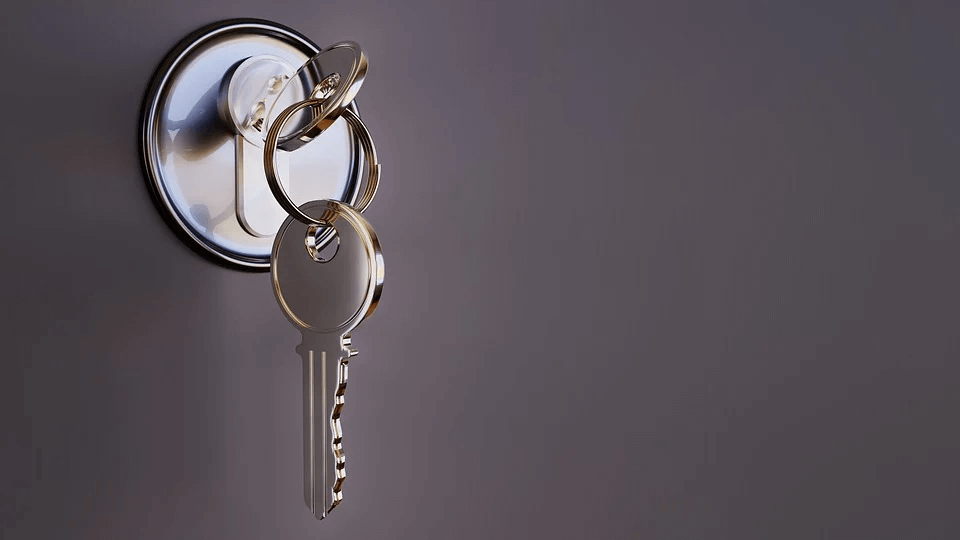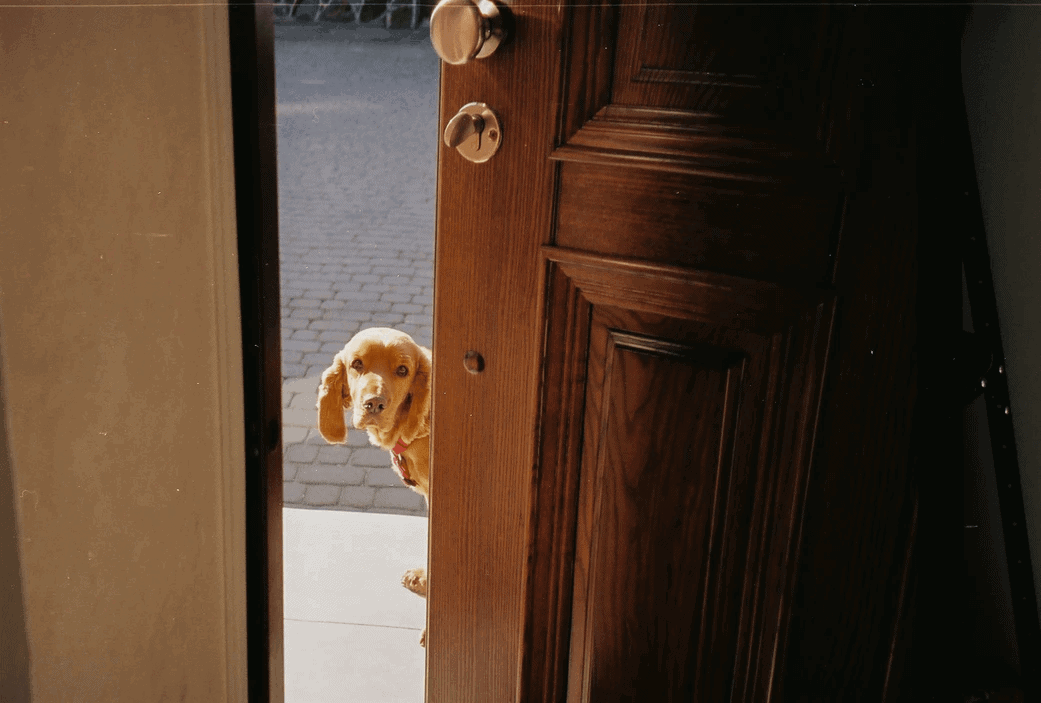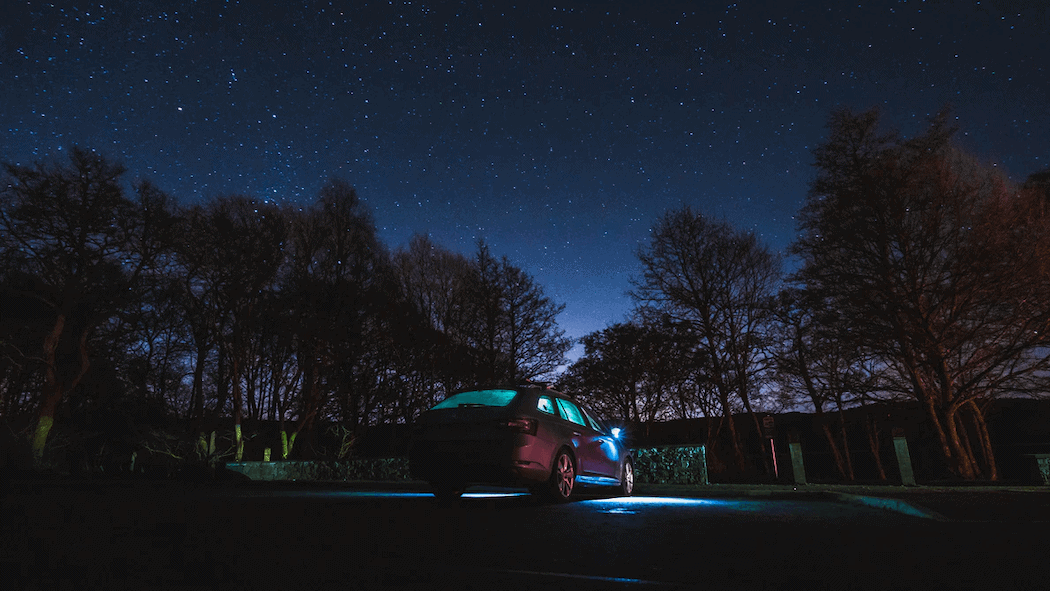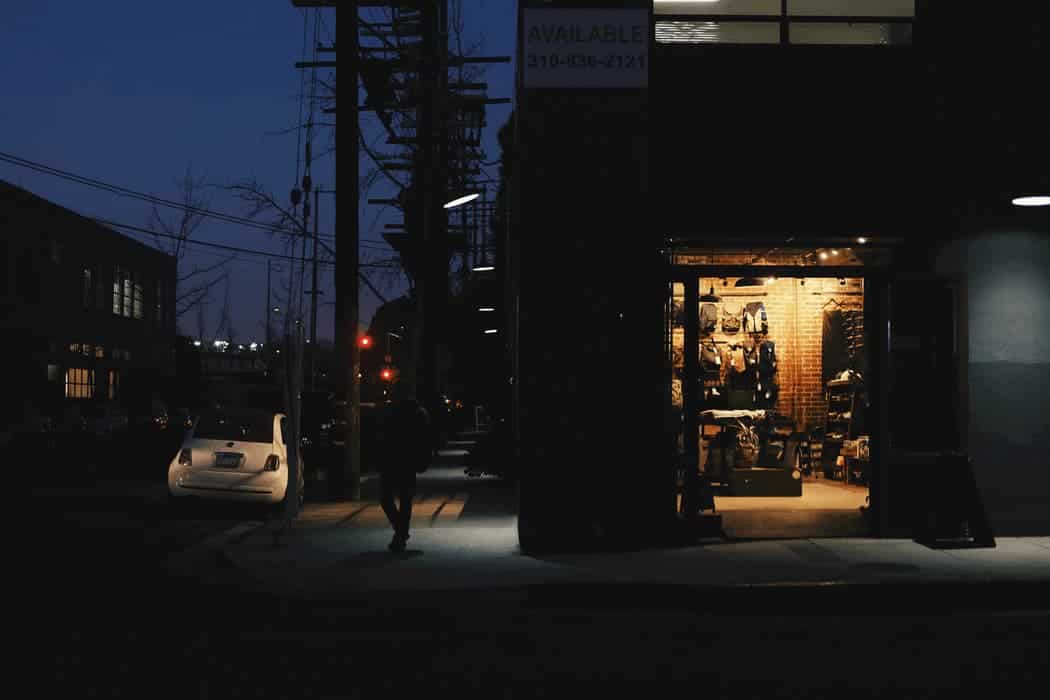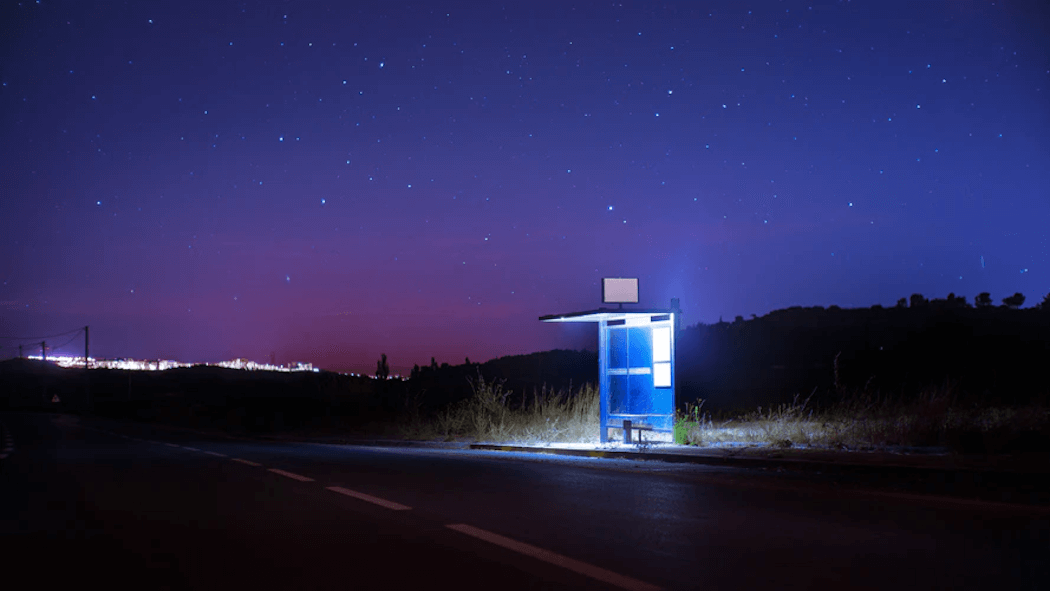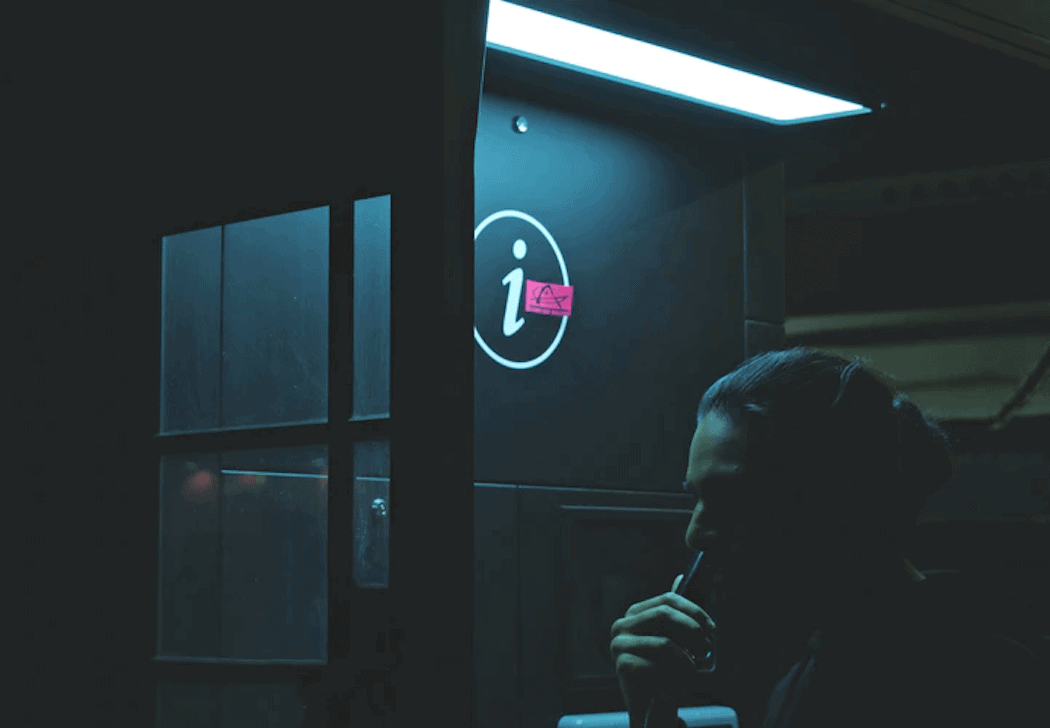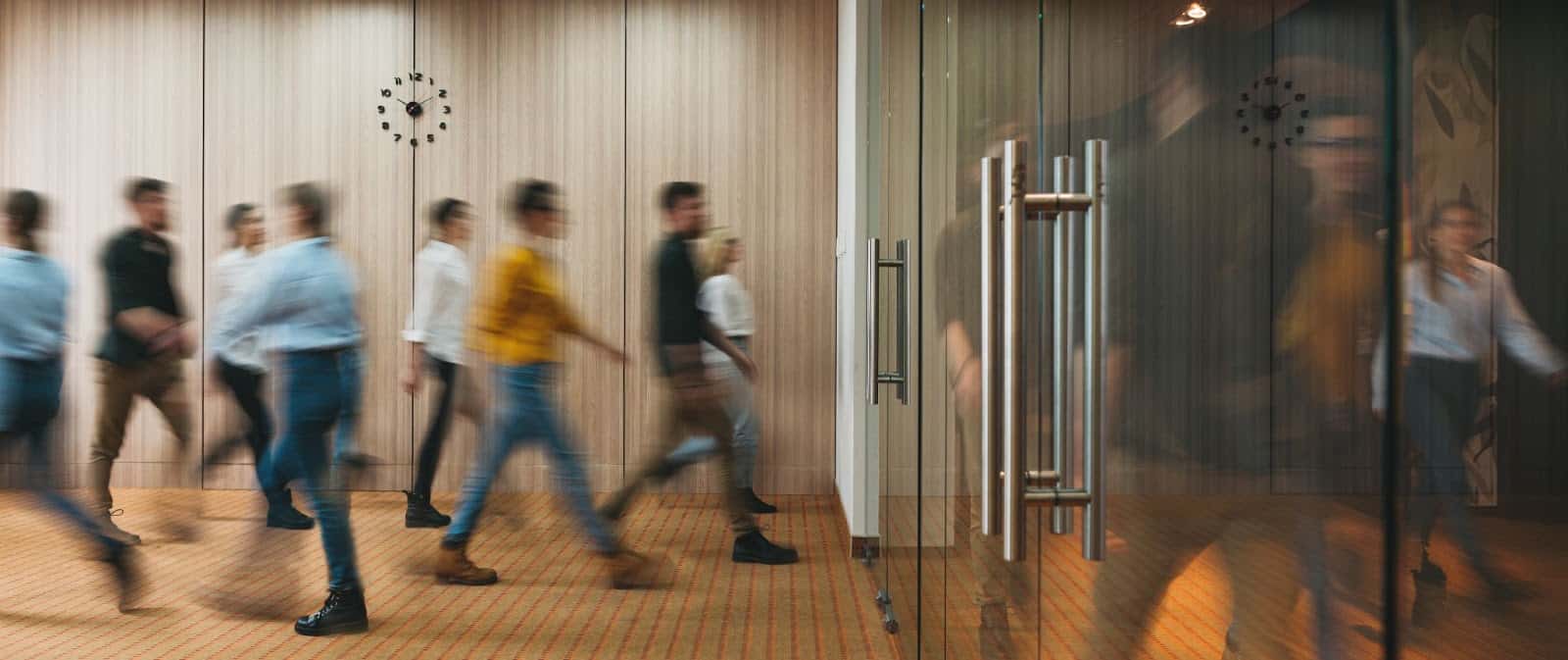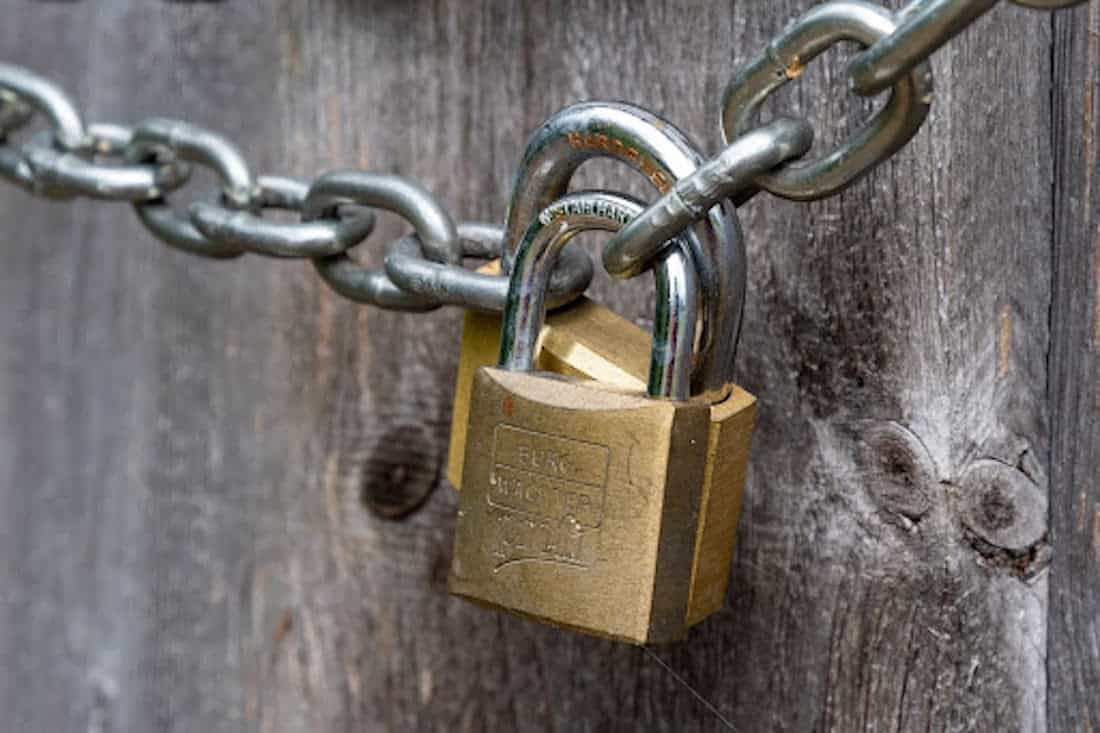
If you’ve got a roommate, sibling, or someone else who constantly eats your snacks or snoops around your stuff, it might be time to lock up your items! We’ve compiled some of our favorite novelty and puzzle locks that are sure to keep your food, drinks, and treasures safe.
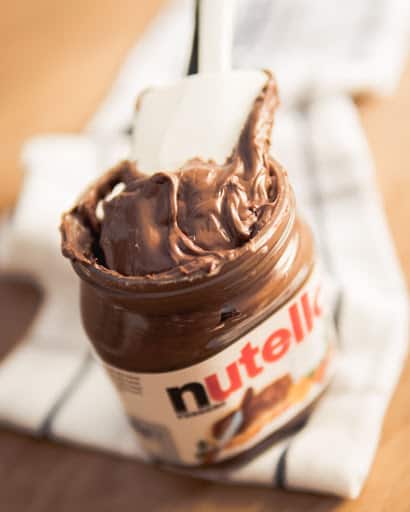
Thwart the Snack Thieves
Nutella Lock: Keep your precious chocolate hazelnut spread safe from hungry roommates, siblings, and everyone else with this locking cover that fits over a variety of Nutella jar sizes.
Ice Cream Pint Lock: Deter ice cream thieves and keep your pint safe with this Ben & Jerry’s combination lock designed to fit perfectly around a pint of ice cream. Pints aren’t for sharing!
Lunch Fridge Lock: It might not have been relevant while working from home, but now that you’re bringing lunch to work again, you’ll need to protect your lunch from grabby co-workers. This fridge locker cage will keep your sandwich and snacks safe and make sure no one even thinks about swiping some of your food.
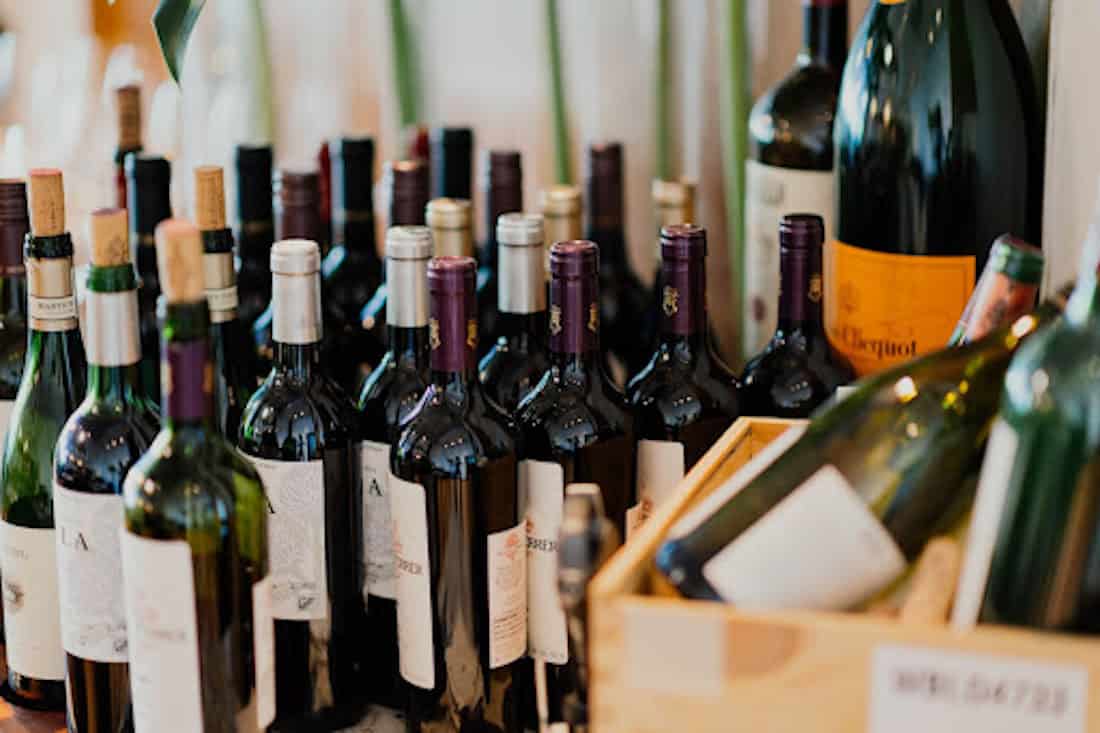
Secure Your Adult Beverages
Wine Bottle Puzzle Lock: Next time you give someone a bottle of wine but want to make sure they really have to work for it, attach this 3D puzzle lock and watch them try to decipher how the wooden pieces move.
Bottle Combination Lock: Far more straightforward than the puzzle lock, this combination lock fits perfectly over opened or unopened wine bottles as well as some liquor bottles. Set your own 3 digit combination and keep others from drinking your booze.
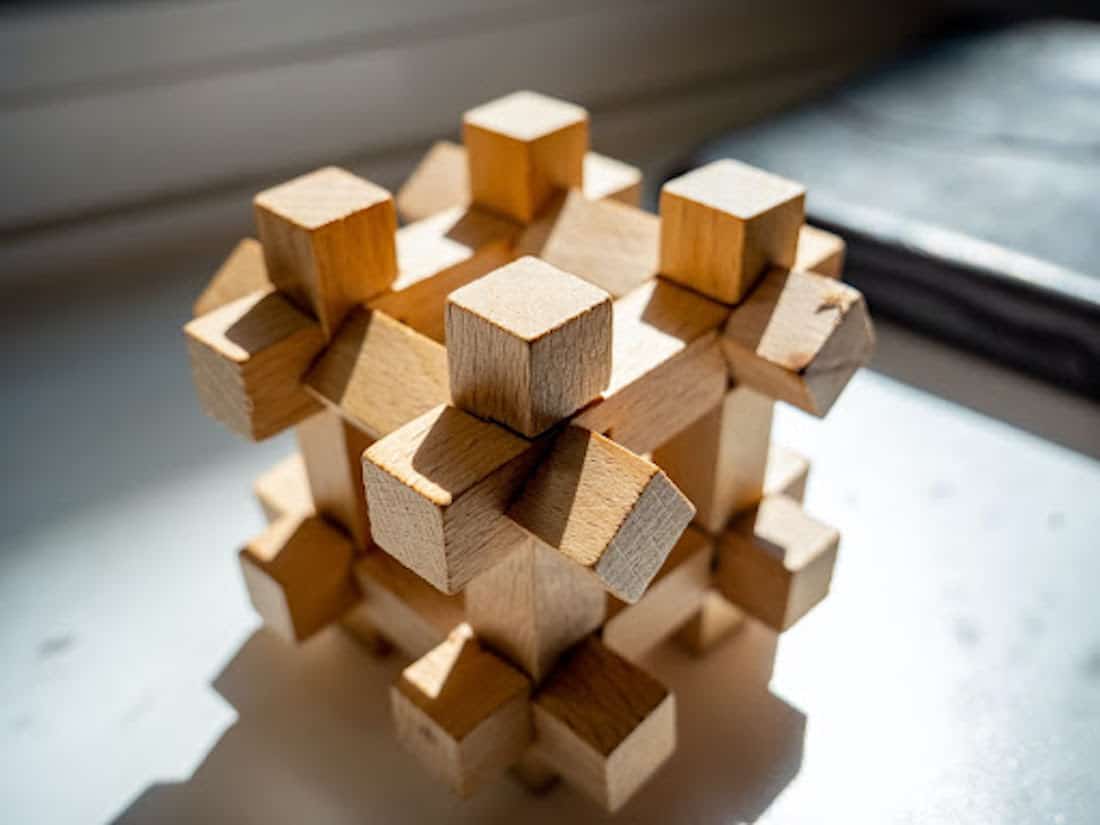
Protect Your Most Treasured Items
Puzzle Padlock: This lock is ideal for securing something very important because even professional lockpickers won’t be able to get past it. There is no key — the only way to unlock it is by figuring out the exact sequence of steps.
Puzzle Box: Inside this wooden puzzle box is a small chamber perfect for keeping your small, most prized possession unbelievably safe. The cube will only unlock once all of the dials on each side of the box have been turned to the correct symbol. Figuring out which symbol is the correct one for each side will surely keep someone busy for hours or be so frustrating that they’ll just give up.
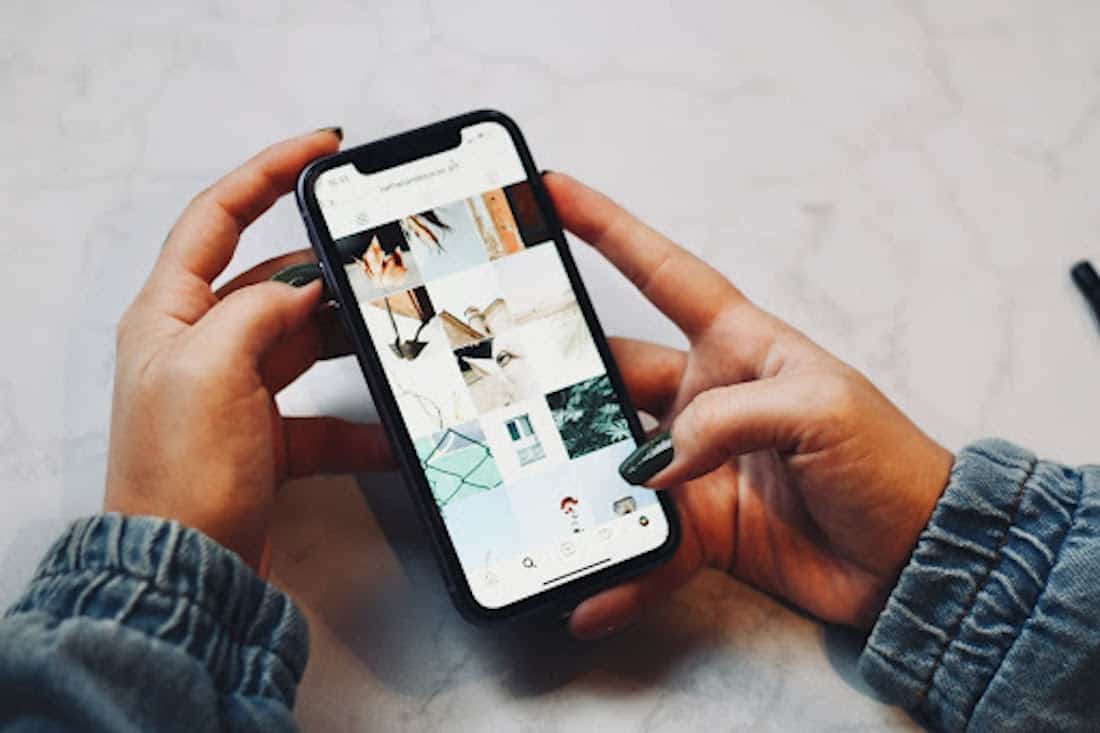
Curb Smartphone Distractions
Secret Book Safe: Hide your phone or other items in plain sight with this decoy dictionary that’s actually a metal lockbox. The exterior blends in perfectly with a stack of books or on a bookshelf and keeps your items safe with a programmable 3 digit combination lock.
Smartphone Jail: Ensure no one is secretly using a phone at the dinner table or take away your biggest distraction with this mobile phone jail. Open the gate, put up to 6 phones inside, lock the door, and give the key to someone trustworthy.
Pop-A-Lock’s Got Your Back
Now that you’ve had your fair share of confusion, laughter, and intrigue from perusing these unique locks, you can rest assured your stuff will stay safe and protected — unless, of course, you forget the combination to your own locks. But don’t worry — if that happens, you can always call Pop-A-Lock to help you out.
